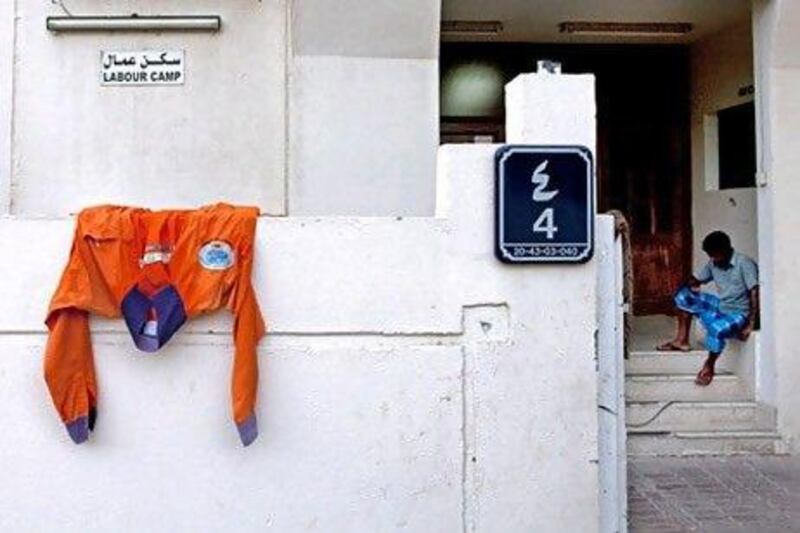Some years ago, a municipal official told me about a plan to build a Bachelor City. It conjured images of great towers filled with Subbuteo-playing singletons.
Finally a place to call home for commitment-dodgers everywhere. I never got to put my deposit down in time and instead ended up in Marriage City, where the lease terms are much longer and have fewer break clauses.
The Bachelor City plan was conceived back in the days when property developers had got into the habit of calling every hamlet-sized project a city. They would gather every year at the Cityscape exhibition to display their miniature citadels.
Thankfully, their bricklaying wasn't as good as their model-making, and most of the plans never made it out of the ground. As the property exhibition returns to the capital today, the models will be fewer and smaller.
The property narrative hasn't really changed that much since the third quarter of 2008, when house prices collapsed. Every year we ask "have we reached the bottom?" as if we're walking down the Victorian stairwell of a London tube station when the lifts are not working.
Meanwhile, much of the residential and commercial space that has been delivered since then remains empty. Repurposing some of that space into low-cost housing for blue-collar workers or "bachelors", might now be a sensible idea.
Bachelors can have a hard time of it in the city. Even we married men find ourselves personae non gratae on occasion.
My local parks do not allow men to enter during the week, for example.
If you're a mum, you have unhindered access to the playgrounds of Umm Suqeim every day. But if you are a dad, forget about it. The only solution is to leave the toddlers with their change bag at the entrance and tell them you'll be back for them in three hours.
I shouldn't complain really. It means I can go to Starbucks. And the children are always really glad to see me when I remember to go back for them.
At the height of the boom, labour camps were full to the brim and briefly attracted investor interest as a new and exciting asset class - bachelors were momentarily hot property.
Of course, a great many of them are not bachelors at all. They have wives and families back in their home countries. Increasingly, they are being shunted out to the outskirts of cities - as in Sharjah recently, when municipal inspectors evicted working men from three more neighbourhoods. Similarly, signs have begun appearing in Dubai's Discovery Gardens picturing bunk beds with red lines through them.
The confinement of labour accommodation to industrial areas deprives cities of their character and indeed their purpose. It has an economic impact as well as a social one.
It is not efficient for people to have to travel for hours to their places of work every day - especially at a time when there is so much more property available in many city-centre locations than there has ever been.
Today there are plenty of available residential and commercial units in city centres that could with a little imagination be turned into good-quality housing for people working on low wages. At least that would generate some revenue rather than none at all.
There are also employers out there who would pay more for their staff to live nearer to where they work.
What better social penance for property developers who over-borrowed and overbuilt than to set aside some of their empty buildings for affordable housing where it is really needed - in a bachelor city in the city centre.
twitter: Follow our breaking business news and retweet to your followers. Follow us





